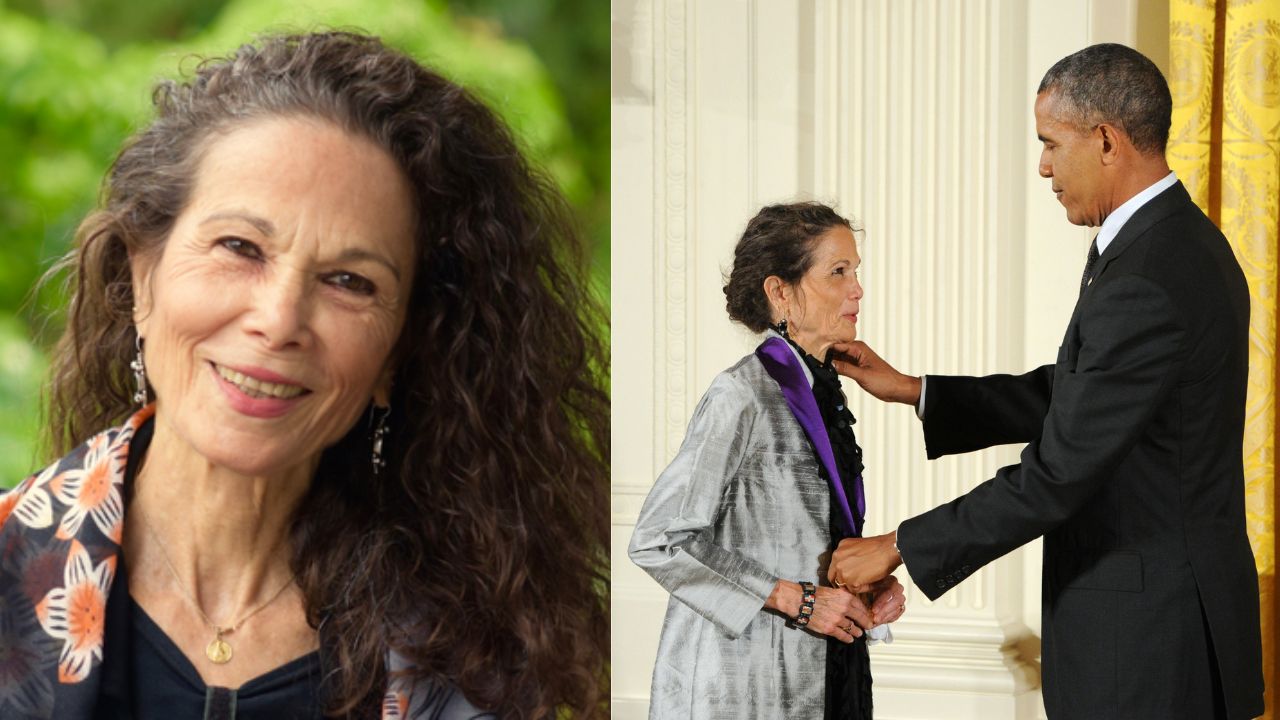Facing challenges with her vision due to a detached retina, the self-described aspiring “elder,” National Medal of Arts winner Julia Alvarez, persevered with her latest book, “The Cemetery of Untold Stories.” Vermont author Alvarez began writing her 23rd book amidst the COVID-19 pandemic, but momentarily paused due to the threat of the virus.
“At 74, there’s always a sense of, ‘Will this be my last work?'” Alvarez reflected in a recent interview. “During the pandemic, there was a spotlight on us labeled ‘the vulnerable.’ Suddenly, my demographic felt endangered.”
Despite these uncertainties, Alvarez, a former student from the Dominican Republic turned professor emerita at Middlebury College, resumed work on her novel. The story revolves around a retired woman reflecting on her unfinished drafts, echoing Alvarez’s own contemplations as she continues to write.
To conclude a tale, the elders in Alvarez’s homeland would recite a chant: “Colorín colorado, este cuento se ha acabado” – “This tale is done. Release the duende to the wind.” But how does one exorcise a story that was never told?
Then, in a twist of fate, Alvarez’s retina detached from one of her eyes, leading to two surgeries. Despite this setback, her vision remained clouded, making it difficult to continue her work in progress. “…So, it’s a true story, not something you made up?” was a question frequently posed by readers. Alma grew weary of explaining that a novelist shouldn’t confine herself to the tyranny of reality. She struggled to discern between real life and pure invention.
Gradually adapting to her altered visual reality, Alvarez completed the book, titled “The Cemetery of Untold Stories.” Scheduled for release in English and Spanish this week, the 256-page novel has already garnered anticipation from various reading lists, including those of NBC’s “Today” show and The New York Times.
“Mystifying, compelling, and often wryly funny,” Shelf Awareness summarized the novel. For Alvarez, it’s also a way to embody the closing line of one of her favorite poems: “Practice resurrection.”

